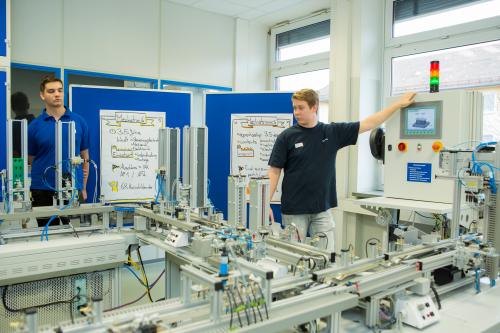Summer youth employment programs (SYEPs) have become increasingly popular in cities and counties across the country, and are effective in reducing crime and incarceration among participants according to recent evaluations. However, less is known about how they achieve these impacts, and which participants benefit the most. With more information about which program elements are the most effective, places can do more to ensure quality as they expand or launch programs.
This study used a randomized control trial to examine whether the Boston summer youth employment program reduced crime, and to explore whether short-term behavioral and attitudinal changes related to participation in the program are linked to crime reduction. The main findings include:
· Participants had fewer arraignments for violent and property crimes. Summer jobs participants had significantly fewer arraignments (charges) for violent crimes (-35 percent) and property crimes (-57 percent) in the 17 months following the intervention. Most of the decline occurred in the fifteen months after the program’s end. Declines were particularly pronounced among African-American and Latino males.
· Participants showed improvements in their skills, attitudes, and aspirations. At the end of the summer, program participants showed improvements in social skills, community engagement, job preparedness, and academic aspirations compared to youth who did not participate in the program. Improvements were larger for younger participants and youth of color.
· Improvements in social and emotional skills were linked to the decline in arraignments. Improvements in social and emotional skills, such as learning to manage one’s emotions and resolve conflicts with a peer, were associated with larger declines in the number of arraignments for both violent and property crimes.
These results highlight the potential of summer jobs programs to reduce crime and violence. While the results on program mechanisms are exploratory rather than definitive, they point to the value of targeting social and emotional skills in preventing criminal behavior, and suggest that summer jobs programs may be a vehicle for improving such skills.







